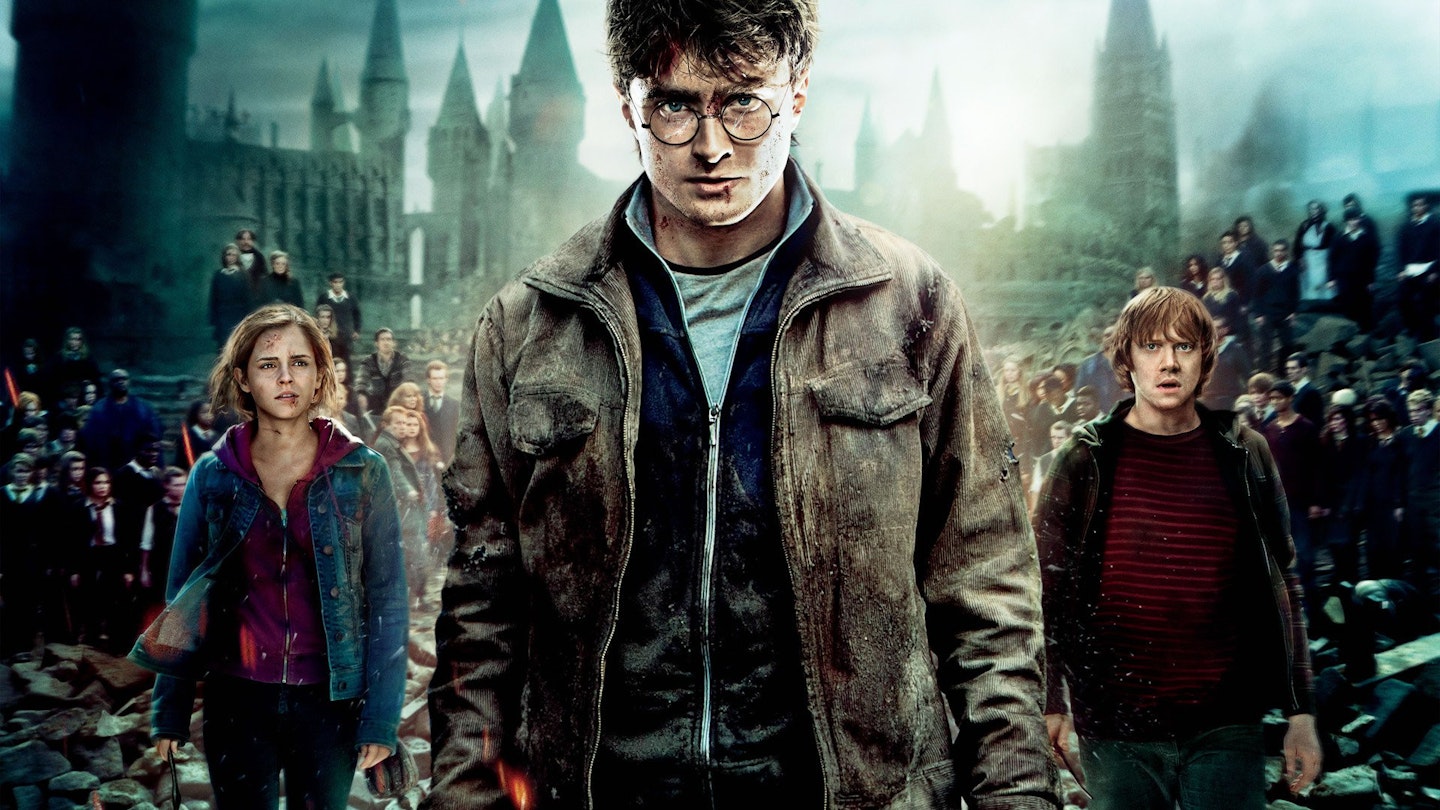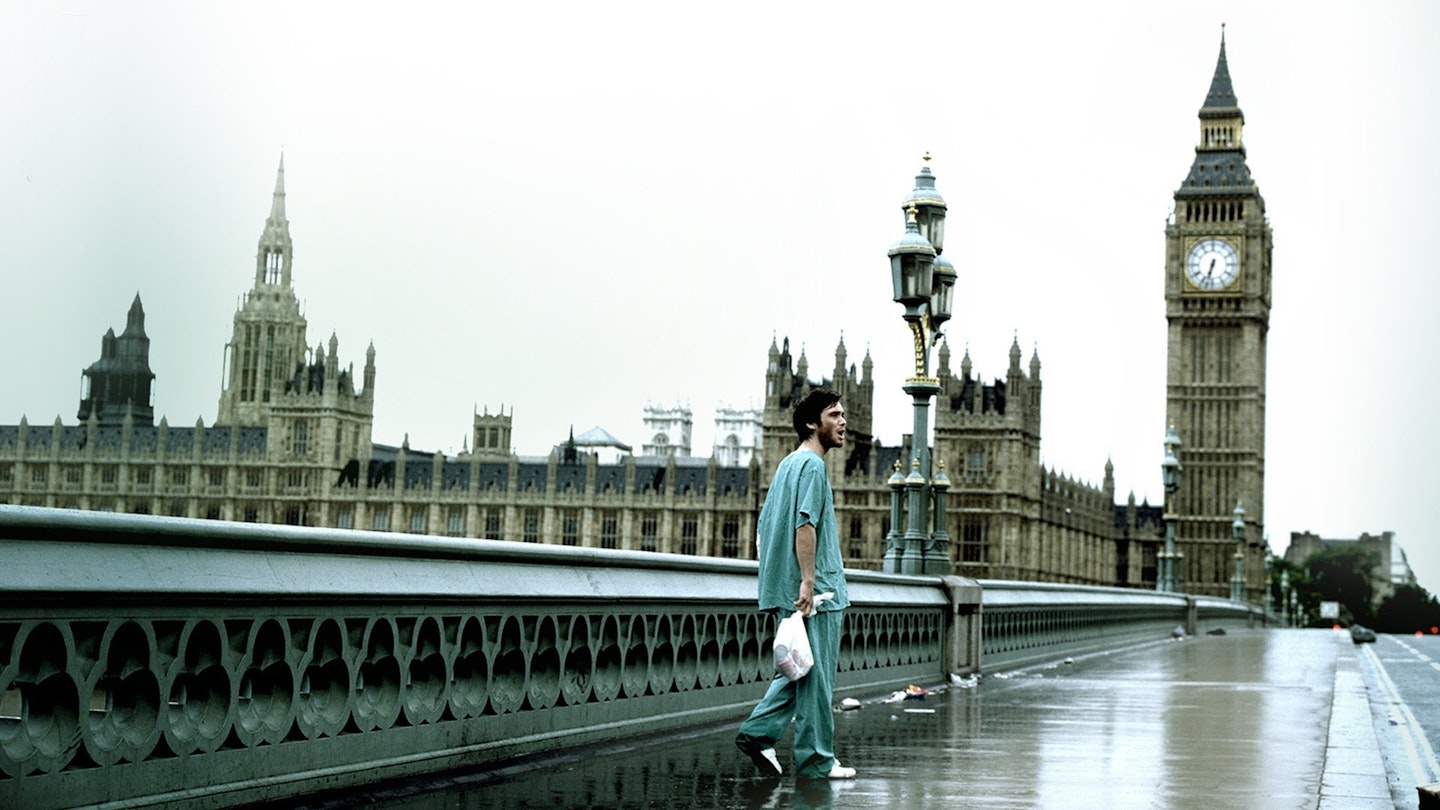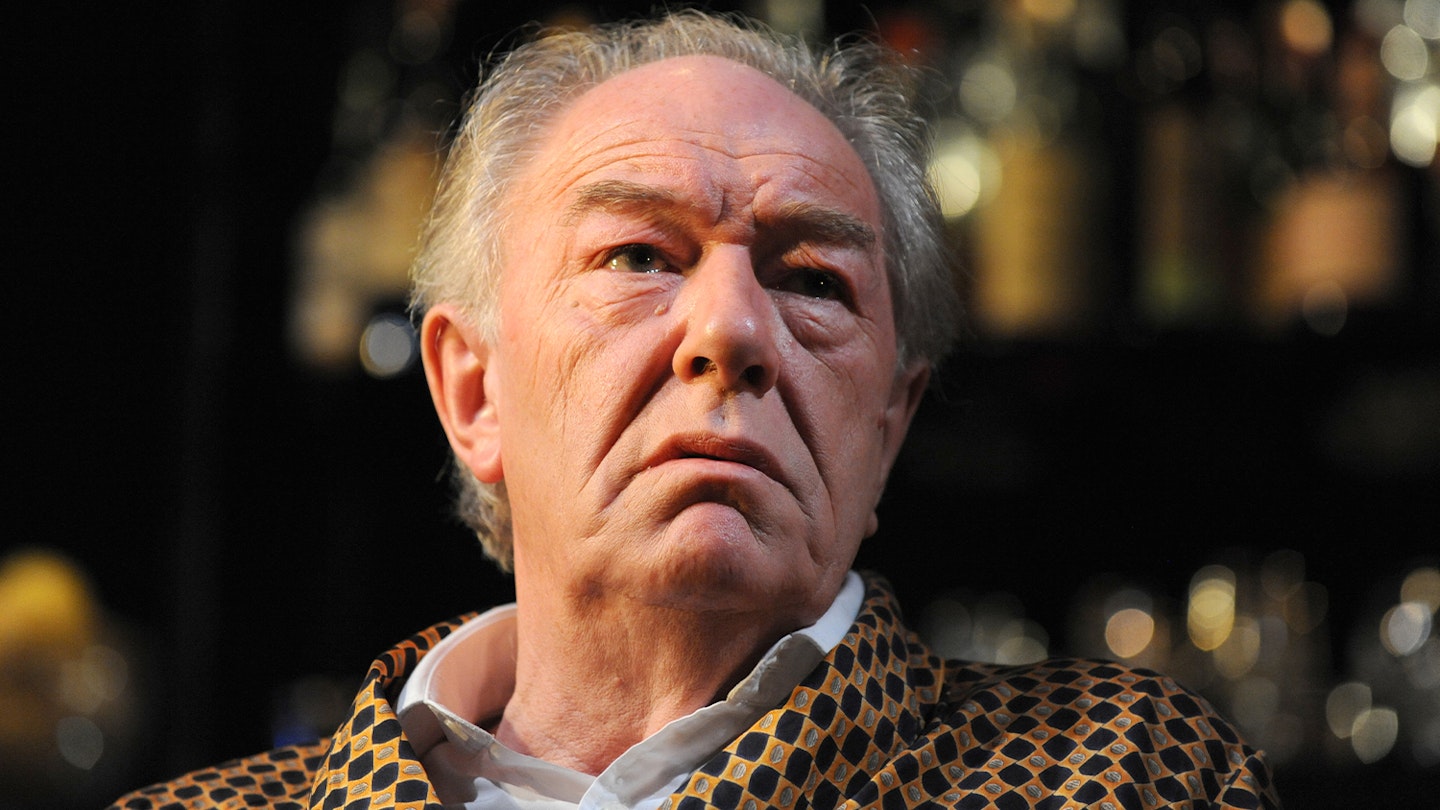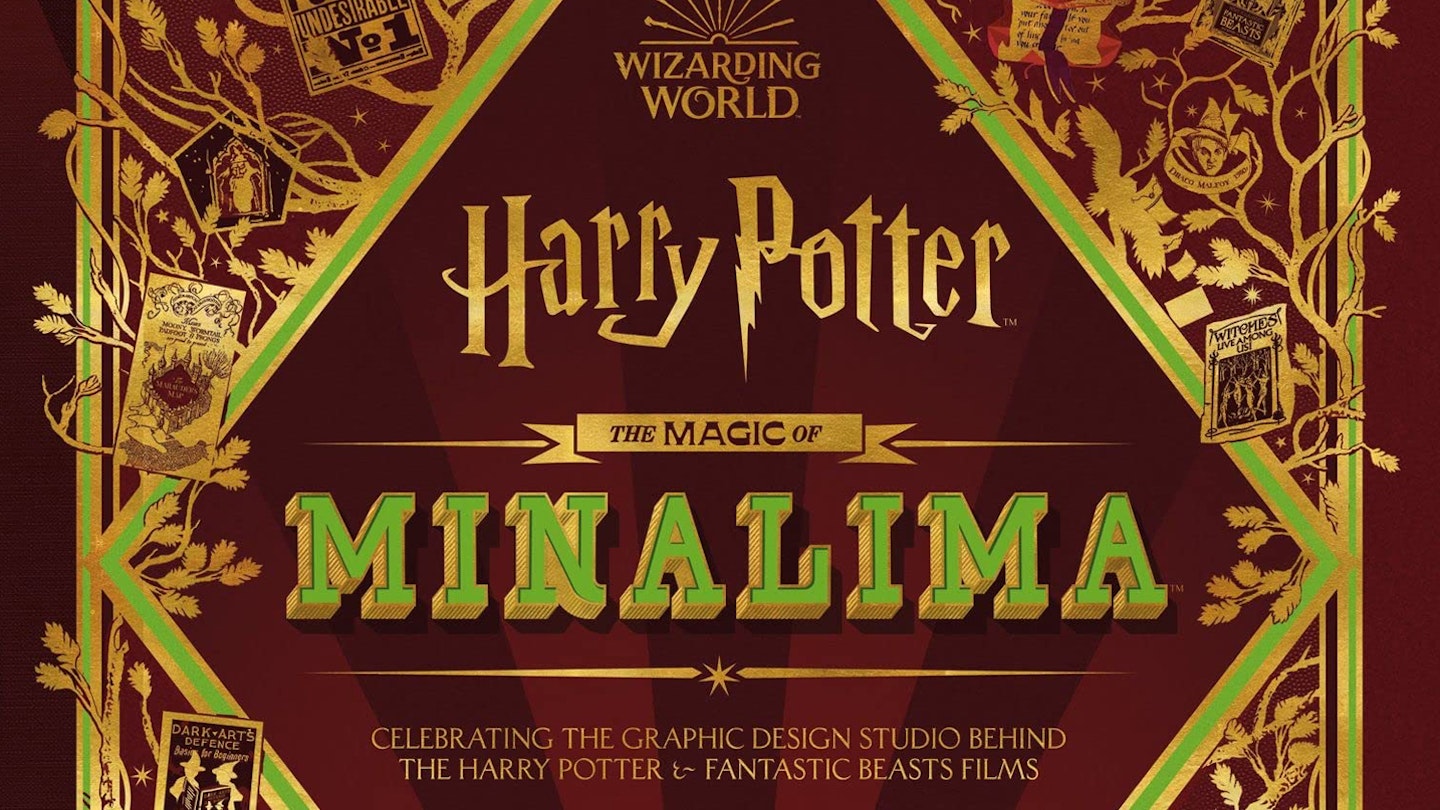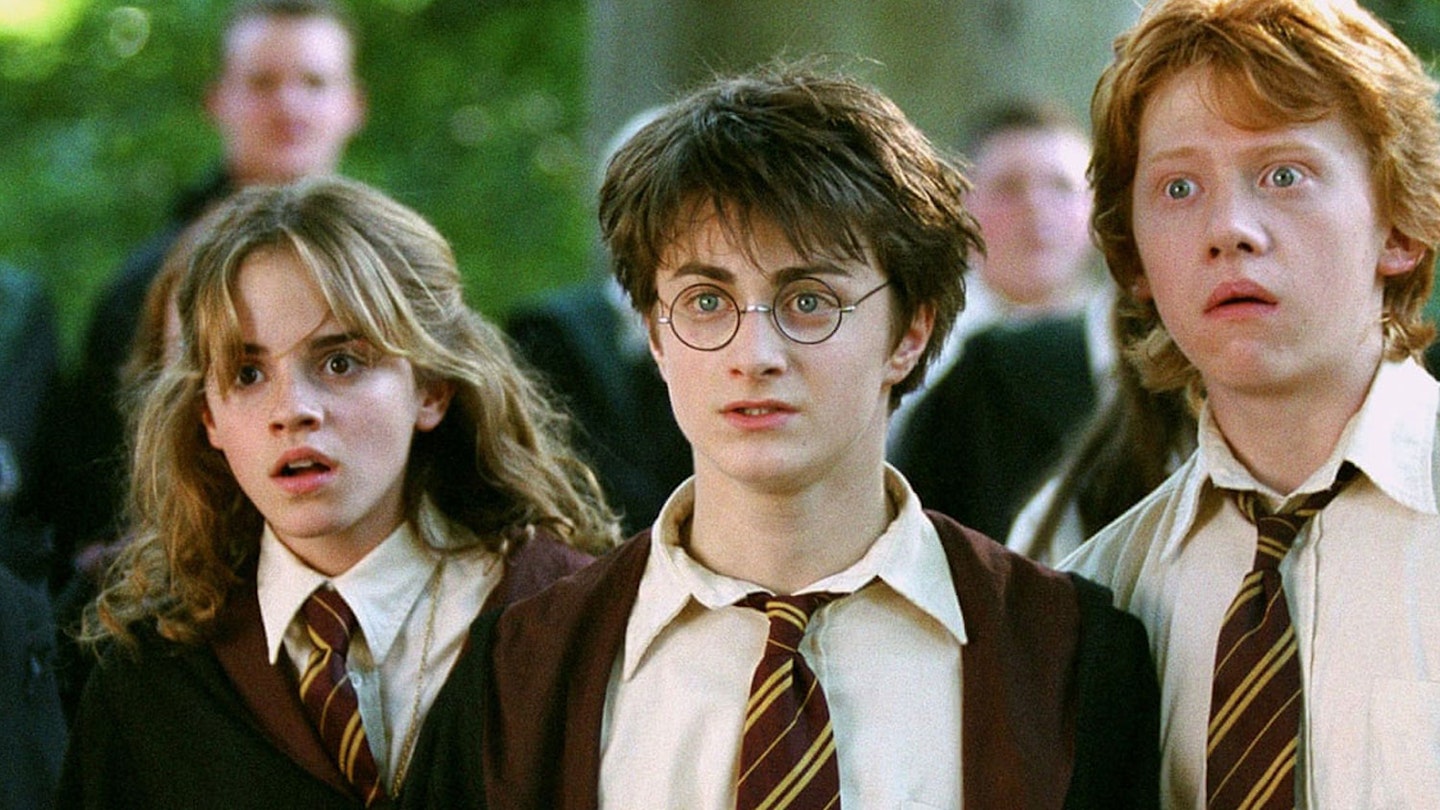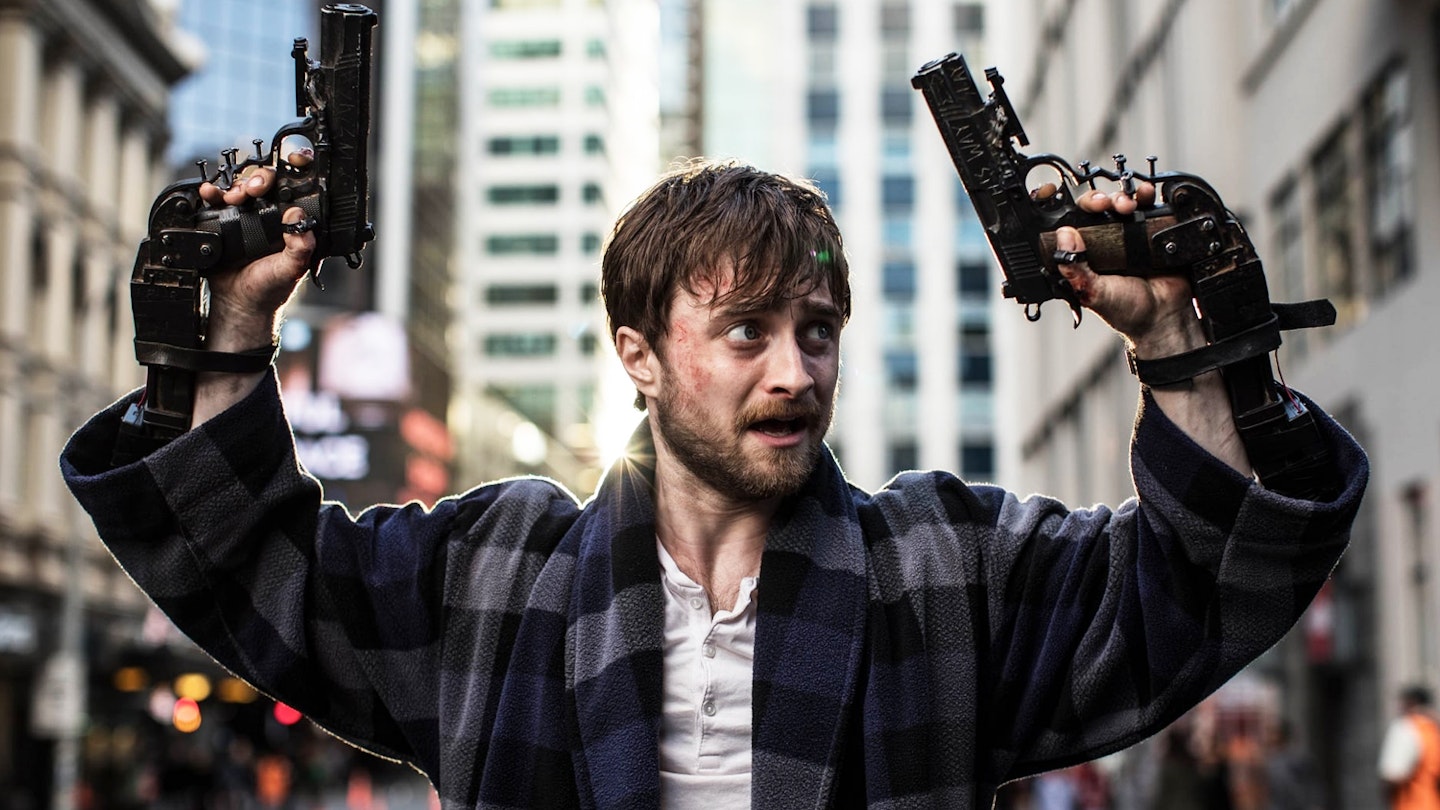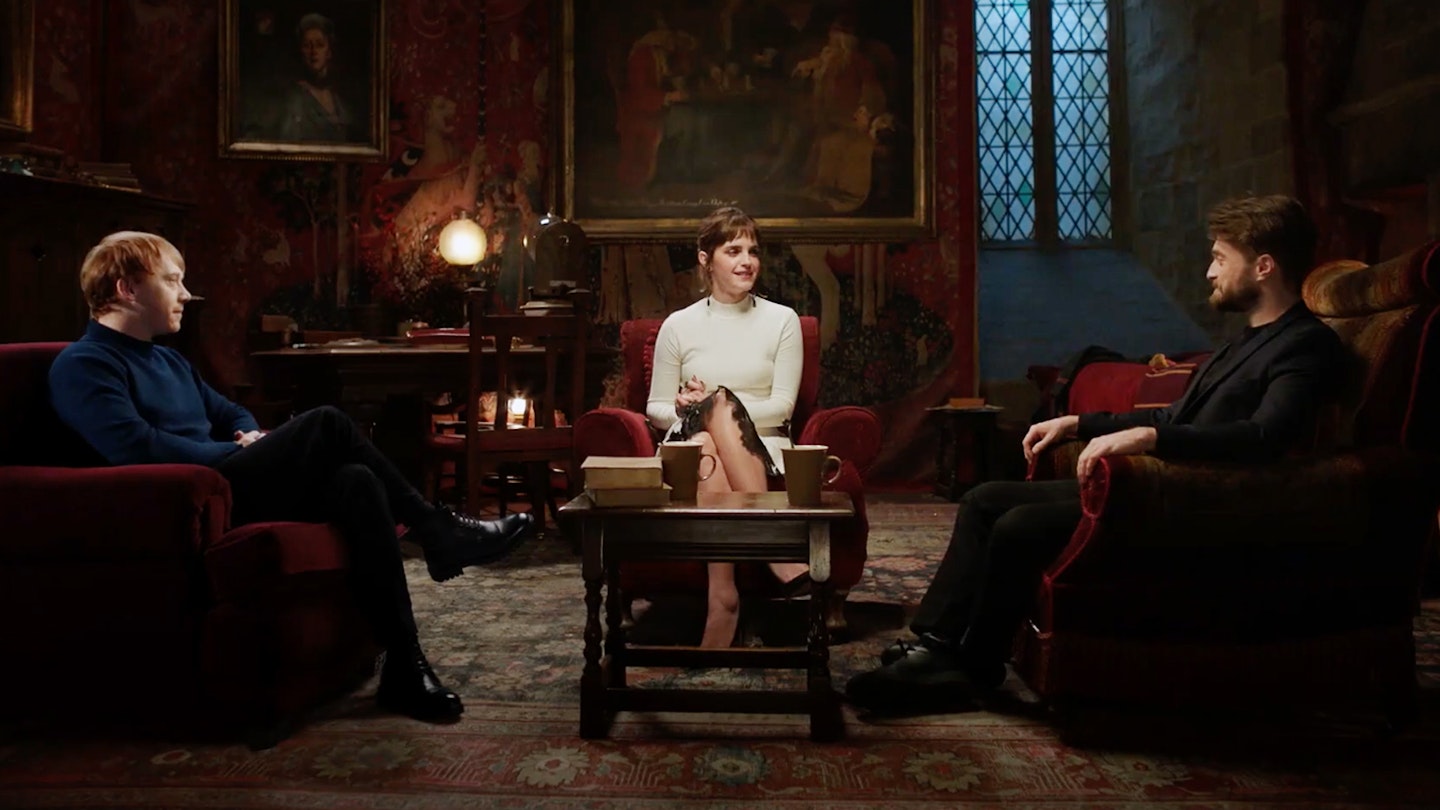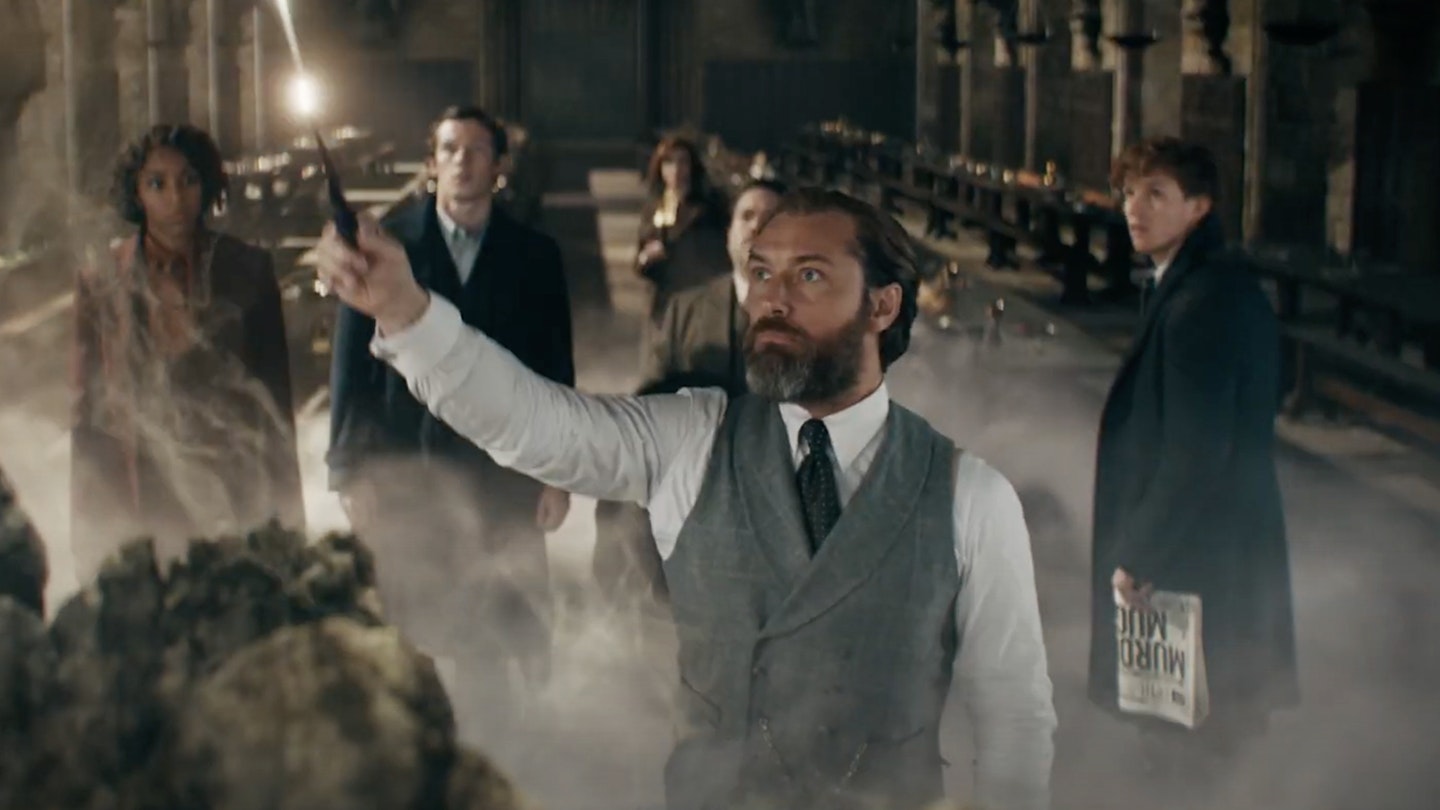It’s hard to express how much the last Harry Potter matters to its fans, and how important it is to finish the series on the right note. After ten years, eight films, four directors and over $6 billion at the box office, it comes down to this. The final film presented a gargantuan challenge to its makers, who were required to juggle gigantic action scenes with emotional heft and jaunts into the metaphysical to explain its labyrinthine plot. Thank Dumbledore, then, that director David Yates and screenwriter Steve Kloves managed one last herculean push to finish things in style.
The shortest film of the lot, this may be based on only half a book but it has a mountainous plot to climb. Scraps of bad guy Lord Voldemort’s divided soul, hidden in “Horcruxes”, have to be found and destroyed — a process that will involve a bank heist, a dragon and a large, dead snake. The mysterious “Deathly Hallows”, three powerful artefacts allowing the user to conquer death, must be uncovered and claimed. Voldemort himself has to be killed and there must, surely, be a giant battle involving every surviving character of the franchise. Lesser villains must get their comeuppance, heroes must fall, and Ron (Rupert Grint) and Hermione (Emma Watson) must get a room already.
What’s impressive is that, where earlier films revolved around solving a mystery, this one shifts to a war footing without losing its emphasis on character and emotion. The battle scenes are appropriately spectacular, with Hogwarts under attack from an army of Death Eaters, Dementors, giants and beasties and defended by a small and dwindling number of students and teachers. The effects have never been better, the sets more beautifully designed nor the explosions bigger — but it’s still the human moments that grip. The truth of Alan Rickman’s sneering Professor Snape is finally uncovered in perhaps the most moving scene of the entire series, while Ralph Fiennes at last shows off the full range of Voldemort’s genius and madness and Maggie Smith’s Professor McGonagall reveals herself as the badass we’ve always suspected her to be.
But this is Daniel Radcliffe’s hour, with Hermione and Ron very much in supporting roles as Harry steps forward to meet his destiny. His encounters with Voldemort are brutal — very much an adult targeting a child rather than a clash of equals. And while Radcliffe remains reined in as an actor, that is by this stage a feature of the character, and his performance has moments of quiet brilliance. As he steps into the Great Hall and sees the devastating human cost of his defiance of Voldemort, his eyes register one body blow, and another, and another as he sees dead and wounded friends. It’s subtle, but it’s the best he’s ever been.
That said, subtlety is not the overwhelming impression. This opens with that bank raid and builds around a running battle, hexes sleeting through the air and Hogwarts reduced to so much rubble. It’s here, if we were nitpicking, that we craved just a tiny bit more room to breathe. The set-up for Mrs. Weasley’s (Julie Walters) big moment is fractionally but fatally rushed, and many more minor characters get only a single line or shot in which to shine. Admittedly, that’s in keeping with the book’s cavalier attitude to its supporting cast as the plot races to its end, slowing only for Harry’s sake at key moments, but it’s a shortcoming that the film could have corrected. It’s one of those cases that leaves you wishing for a longer director’s cut — an unusual feeling on departing a Harry Potter film.
